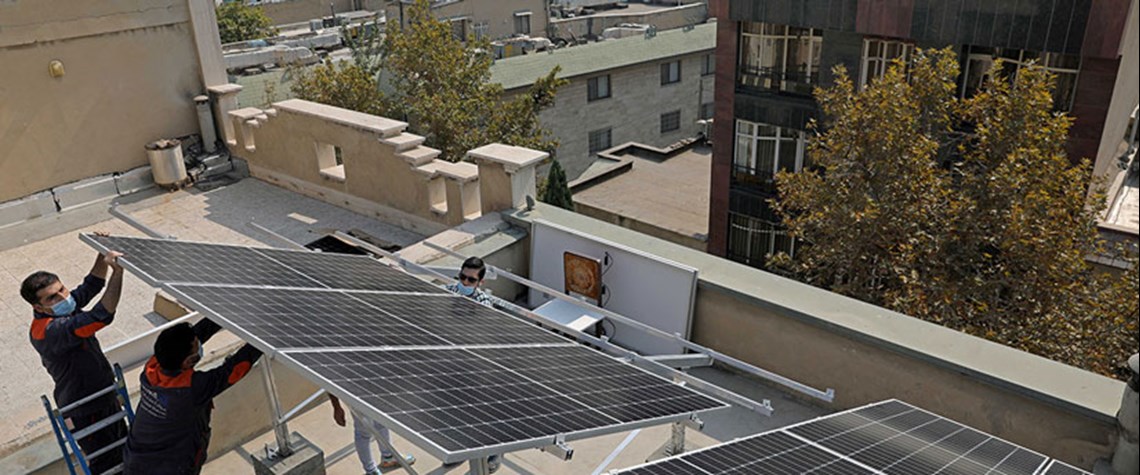Iran in new renewables push
Tehran is stepping up its solar and wind power drive to offset gas and hydropower shortages
Scepticism around the purportedly peaceful nature of Tehran’s nuclear programme is born partly of the assumption that ownership of the world’s second-largest gas reserves renders the need for nuclear power incredible. However, regular peak-time blackouts—this summer’s have been some of the worst—and choking air pollution in major cities as gas-fired plants are forced to burn fuel oil testify to the strains in the system. Meanwhile, the government is desperate to free up for export some of the huge volumes of gas absorbed by heavily subsidised and correspondingly profligate local electricity consumption. Non-hydro renewables, now increasingly being pushed by the government, offer a far cheape

Also in this section
9 January 2026
A shift in perspective is needed on the carbon challenge, the success of which will determine the speed and extent of emissions cuts and how industries adapt to the new environment
2 January 2026
This year may be a defining one for carbon capture, utilisation and storage in the US, despite the institutional uncertainty
23 December 2025
Legislative reform in Germany sets the stage for commercial carbon capture and transport at a national level, while the UK has already seen financial close on major CCS clusters
15 December 2025
Net zero is not the problem for the UK’s power system. The real issue is with an outdated market design in desperate need of modernisation







